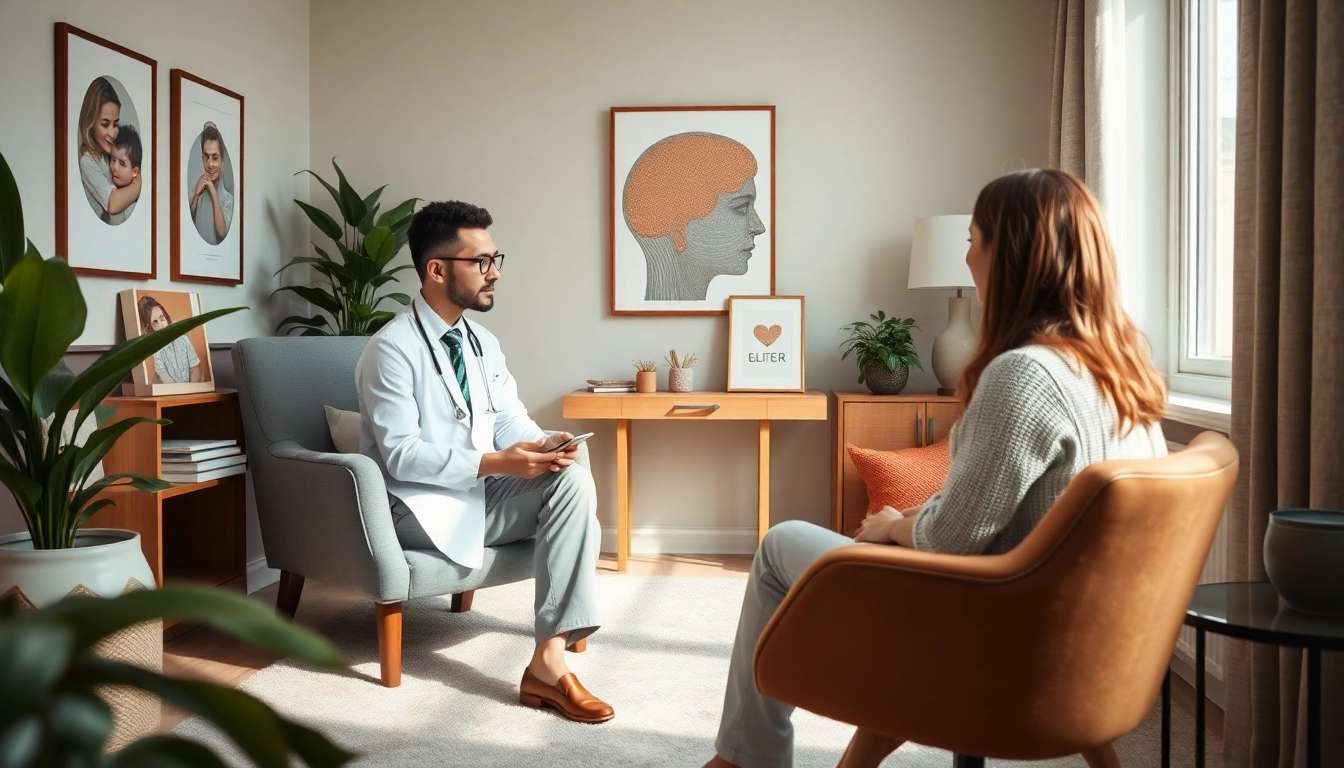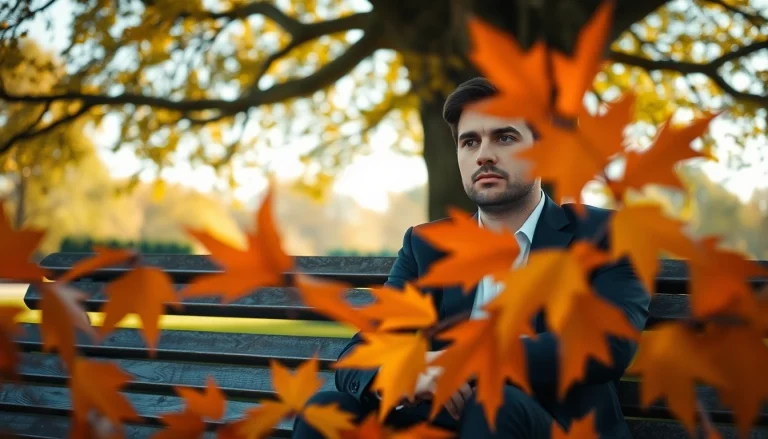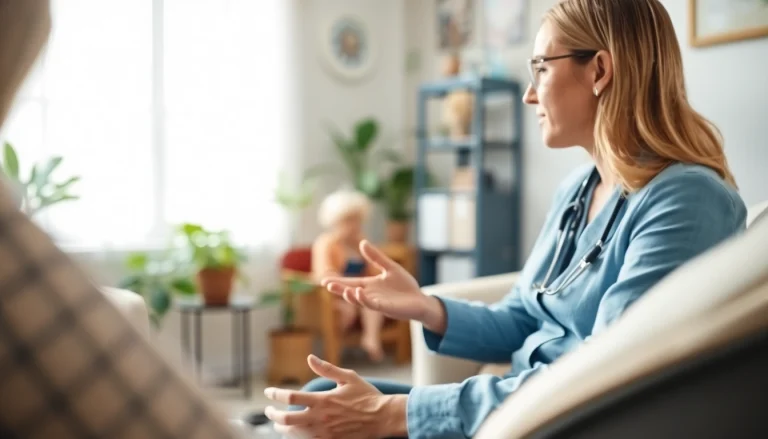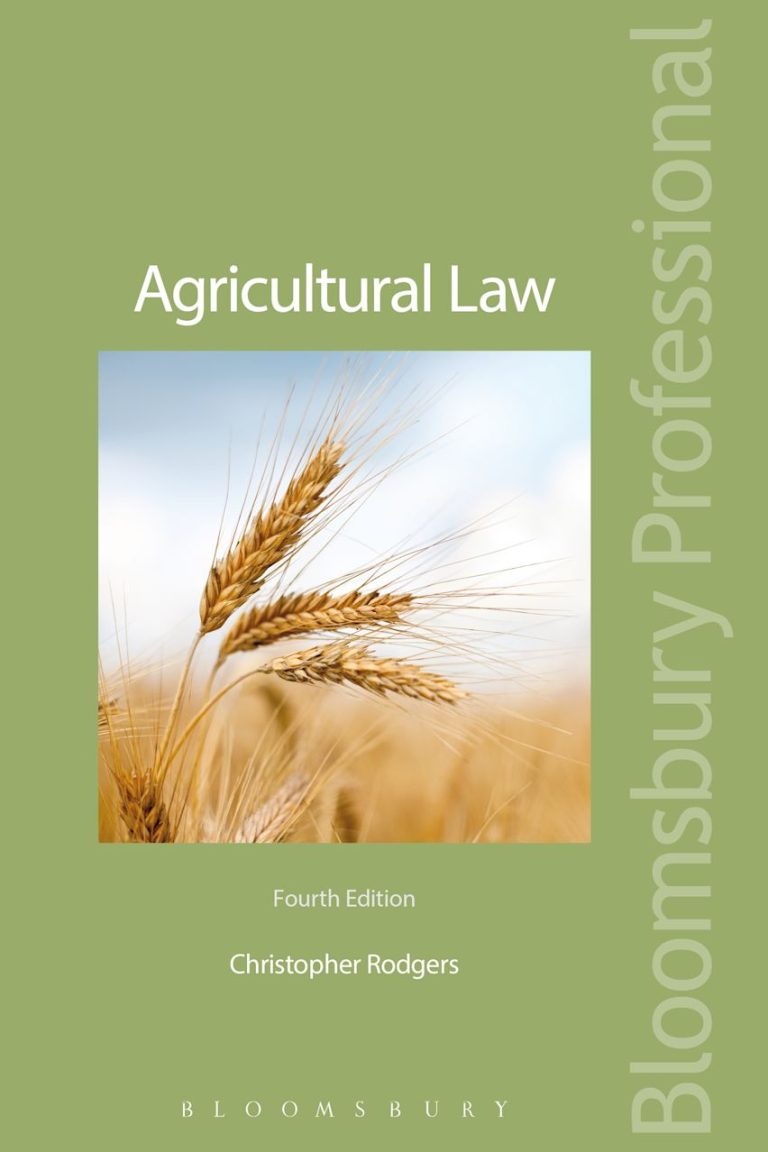
Introduction to Attachment Theory
Attachment theory is a psychological model that seeks to explain the dynamics of interpersonal relationships, particularly those between a caregiver and a child. Developed in the mid-20th century by British psychologist John Bowlby, this theory posits that the bonds formed in early childhood significantly influence the individual’s future relationships, including friendships and romantic partnerships. For those seeking to understand or improve their relational patterns, consulting with an attachment theory specialist can be a valuable step.
What is Attachment Theory?
At its core, attachment theory proposes that the emotional bonds formed between a child and caregiver create a blueprint for all future relationships. Bowlby identified several key concepts within this theory, including the idea of a “secure base,” which refers to the caregiver’s role in providing a safe space for a child to explore the world while knowing they can return for comfort and reassurance. This foundational relationship affects how an individual perceives themselves and interacts with others throughout their life.
Importance of Attachment in Human Relationships
The significance of attachment theory extends beyond childhood; it is crucial in understanding adult relationships as well. Secure attachment fosters feelings of safety, trust, and a sense of worth in relationships. Conversely, insecure attachments can lead to anxiety, fear of abandonment, and difficulties in interpersonal relationships. By understanding one’s attachment style, individuals can identify patterns that may hinder their relational health and seek appropriate interventions from professionals.
Overview of Attachment Styles
Attachment styles are typically categorized into four main types:
- Secure Attachment: Individuals with this style tend to feel comfortable with intimacy and independence, balancing the two with ease.
- Avoidant Attachment: Characterized by a reluctance to depend on others, individuals may distance themselves emotionally and maintain a high level of independence.
- Anxious Attachment: Those with this style often crave closeness and intimacy but may fear rejection or abandonment, leading to clinginess in relationships.
- Disorganized Attachment: Often stemming from trauma, individuals may display a chaotic approach to relationships, oscillating between seeking closeness and withdrawing.
Role of an Attachment Theory Specialist
An attachment theory specialist is trained in recognizing and addressing attachment issues that affect emotional well-being and interpersonal relationships. These professionals employ various therapeutic techniques that focus on understanding and modifying attachment behaviors.
Who Can Be an Attachment Theory Specialist?
Attachment theory specialists often come from various therapeutic backgrounds, including licensed psychologists, social workers, marriage and family therapists, and other mental health professionals. They are typically trained in techniques that incorporate attachment theory into clinical practice, enabling them to address both individual and relationship issues effectively.
Services Offered by Attachment Theory Specialists
Attachment specialists offer numerous services that can facilitate healing and growth:
- Individual Therapy: Tailored sessions that help clients explore their attachment styles and understand how these patterns affect their lives.
- Couples Therapy: Helping partners identify attachment-related issues and improve their relational dynamics.
- Group Therapy: Providing a supportive environment where individuals can share their experiences and learn from others.
- Workshops and Seminars: Educational programs aimed at helping participants understand attachment theory and how to create more secure relationships.
Benefits of Consulting an Attachment Theory Specialist
The benefits of working with an attachment theory specialist are numerous:
- Increased Self-Awareness: Understanding one’s attachment style can foster personal growth and self-reflection.
- Improved Relationships: Learning how to engage in secure attachment can enhance romantic, familial, and platonic relationships.
- Trauma Recovery: For those with a history of trauma, specialized techniques can aid in healing and rebuilding trust.
- Better Emotional Regulation: Understanding attachment can lead to improved emotional responses in relationships.
Common Issues Addressed by Attachment Theory Specialists
Attachment theory specialists often address a variety of issues grounded in attachment dynamics. Some of the most common issues include anxiety, childhood trauma, and difficulties in adult relationships.
Anxiety and Relationship Stress
Anxiety can manifest in various ways, significantly impacting relationships. Individuals with anxious attachment styles may exhibit clinginess or fear of abandonment, leading to constant worries and stress. Specialists can provide tools to mitigate anxiety, such as enhancing communication strategies and fostering emotional support within relationships.
Childhood Trauma and Attachment Disorders
Many individuals carry the scars of childhood trauma, which can manifest as attachment disorders. Such experiences may lead to an inability to form secure relationships. Attachment theory specialists utilize therapeutic approaches that help clients process early trauma, allowing them to develop healthier attachments as adults.
Building Secure Attachments in Adult Relationships
For adults struggling to create and maintain secure attachments, specialists offer strategies to foster relationship health. This can include developing communication skills, fostering empathy, and learning how to create emotional safety in relationships. By addressing key attachment challenges, individuals can cultivate deeper connections with partners, friends, and family.
How to Choose the Right Attachment Theory Specialist
Finding the right professional to guide your attachment journey is essential. Here are some key factors to consider when selecting a specialist.
Factors to Consider When Selecting a Specialist
- Qualifications: Look for a licensed professional with specific training or certification in attachment theory and related therapeutic modalities.
- Experience: Consider the therapist’s experience in dealing with issues similar to yours, such as anxiety or trauma.
- Approach: Different specialists may employ various therapeutic techniques; understanding and aligning with their approach is crucial for effective treatment.
- Accessibility: Ensure that the therapist is accessible in terms of location and availability, and confirm they accept your insurance, if applicable.
Questions to Ask During Your First Consultation
During initial consultations, it’s important to ask questions to gauge the specialist’s compatibility with your needs. Some recommended questions include:
- What is your experience with attachment theory?
- How do you approach therapy from an attachment perspective?
- Can you provide examples of successful outcomes with clients similar to me?
- What can I expect from sessions in terms of structure and methods used?
Evaluating the Specialist’s Approach and Credentials
Once you have your initial consultations, evaluate how the specialist’s approach aligns with your personal expectations. Consider their communication style and how comfortable you feel discussing personal issues. A good rapport is essential for the therapeutic process to be effective.
Conclusion: The Path Toward Healthier Relationships
Ultimately, the journey to better mental health and improved relationships often begins with understanding attachment theory. Engaging with an attachment theory specialist can provide the insights and tools necessary to navigate relationship challenges more effectively.
Recap of the Importance of Attachment Theory
Attachment theory serves as an essential framework for understanding human relationships, emphasizing how early experiences can shape adult relational patterns. Those seeking to enhance their emotional well-being would benefit from exploring their attachment styles, and doing so with an expert can foster profound changes.
Your Next Steps with an Attachment Theory Specialist
To take the next steps, reflect on your attachment experiences and identify areas for growth. Research and connect with qualified attachment specialists, and prepare to explore how your attachment styles have influenced your relationships.
Resources for Further Learning
For those interested in deepening their understanding of attachment theory and finding practical tools for improvement, numerous resources are available, including:
- Books on attachment theory and relationships.
- Online courses focused on emotional intelligence and attachment.
- Workshops conducted by experienced therapists.
- Scientific articles and research papers that delve into the nuances of attachment behaviors.






